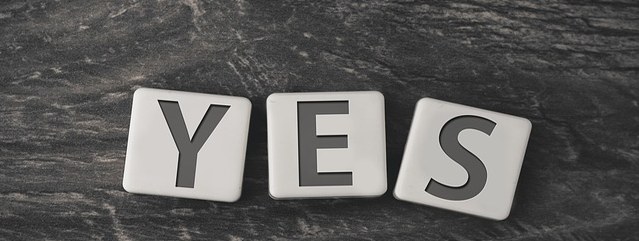“To Be or Not to Be”

Every day, at least eight black people, three gay people, three Jewish, and one Latino person is a victim of a hate crime. A hate crime is defined as “crimes that manifest evidence of prejudice based on race, gender identity, religion, disability, sexual orientation, or ethnicity.”
In celebration of Martin Luther King Jr. Day, Ilyasah Al-Shabazz, a community organizer, social activist, and motivational speaker, brought a church full of wide-eyed listeners to a standing applause as she articulated the byproducts of injustice: “Hatred is a learned behavior we are teaching our children, and if we teach them to hate others, we teach them to hate themselves.” The daughter of Malcolm X, one of the most influential African Americans in history, Ilyasah made it known that her father was “misunderstood” when he was criticized for his violent approach to resolving racial injustice. In defense of his more violent protests, he would quote Shakespeare’s Hamlet: “‘To be, or not to be: that is the question: Whether ’tis nobler in the mind to suffer the slings and arrows of outrageous fortune, or to take arms against a sea of troubles, and by opposing end them?”’ As Ilyasah said, her father, “was reacting to the injustices around him.”
Ilyasah was only three-years-old when her father was assassinated in 1965. Her mother, Betty Shabbaz, an educator and civil rights advocate, was in her twenties and pregnant with twins, yet went on to raise six daughters. She eventually received a master’s degree, then a PhD. “She never accepted no or I can’t,” Ilyasah said about her mother. Ilyasah does not accept “no or I can’t” either, but as she declared, “Forget what they say about pulling yourself up by your own boot straps. We need one another.”
It’s true what Ilyasah said: “Just one life, just this one time, then we go elsewhere.”
But how do we mark the one life we have been given with “yes” and “I can,” rather than with “no and “I can’t”? Ilyasah’s answer: “Knowledge of historical information prepares us for leadership and instills in us self-respect, strength, compassion, reminds us of who we are at our core – to be or not to be, that is the essential question,” she said. In other words, we have the choice to act or not to act.

Recent Comments